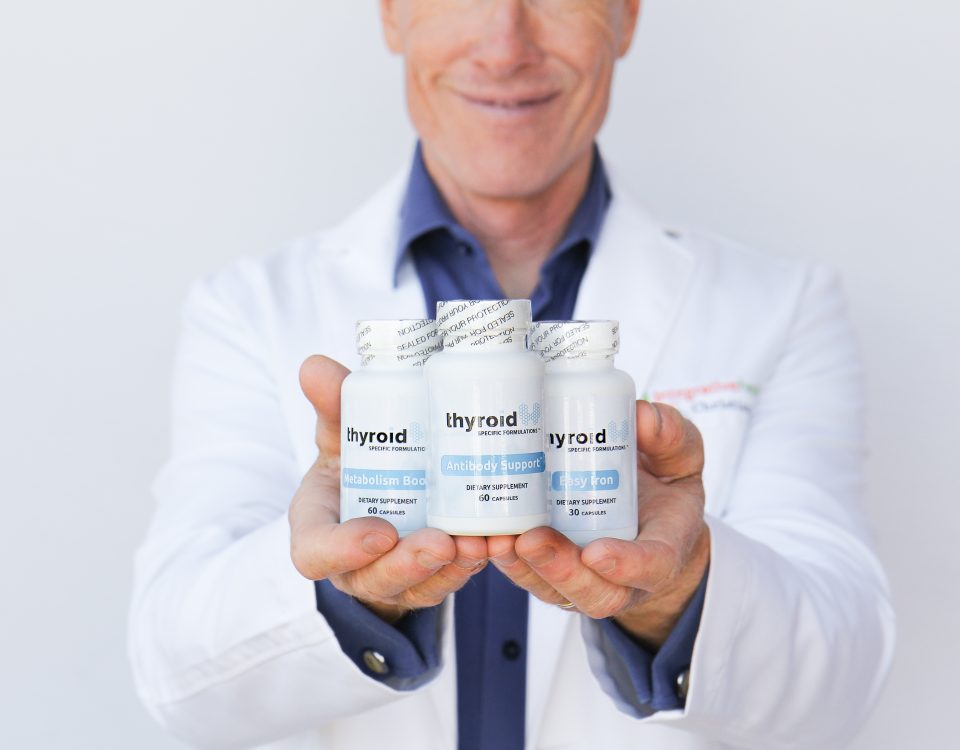3. Incorporate More Vitamin Es
There is a big spectrum of compounds that are encompassed by the umbrella term “vitamin E.” They’re helpful specifically because they help support the deiodinase enzymes.
These are enzymes that help specifically with thyroid conversion. They help them work better, especially in cases where there is oxidative stress.
This is really important if there is chronic inflammation or if there is exposure to things like heavy metals (like lead). Vitamin E can play a helpful role here.
4. The Role of Zinc
Zinc and vitamin E are ones that are both good to have in baseline micronutrient supplementation. But extra amounts are good for those struggling with conversion.
And zinc is especially helpful because it is part of the same enzymes that convert thyroid hormones, as well as activating and informing thyroid-stimulating hormone (TSH).
If zinc is lacking, you may not be making or responding to TSH, and this can have a direct impact on your body. It also helps with the formation of thyroid hormone within the follicles.
5. Compounds for Glucuronidation
Glucuronidation refers to your body’s ability to detox — it’s how you clear out the less needed thyroid metabolites. But sometimes that elimination doesn’t work as well as it should.
Our body does very well with redundancy. The result is that we typically make more thyroid hormone than we need, and then we clear out the hormone we don’t need.
But when that elimination factor isn’t as strong, then thyroid hormone can accumulate in our body and have a negative effect. Worse yet, it can make us resistant to active thyroid hormones.
The two things that help the most with this are D-limonene and calcium D-glucarate. These help the phase two liver enzymes that conjugate and eliminate thyroid hormones.
They can improve the balance with no drawbacks or negatives.
6. Ellagic Acid
An acid found in pomegranates, ellagic acid, can help in a couple of ways. One of which is that it inhibits beta-glucuronidase. It helps improve your thyroid receptor activity, as well as your adipose tissue responds better to thyroid hormone.
Studies have shown that it can help with basal metabolic rate and with T3 formation in brown fat (the most metabolically active fat tissue in the body).
7. Turmeric or Curcumin Extracts
There’s good evidence that curcumin can support NRF2 activation, which results in less inflammation and oxidative stress within thyroid cells.
It has also been shown to stabilize T3 and prevent drops in T3 that are caused by inflammatory cytokines. This is especially good for those with chronic stress or prolonged illnesses.
8. Grape Seed Extract
This is one of the most powerful antioxidants for general thyroid support. In human studies, markers of inflammation have improved when people are taking thyroid medication, and they respond more effectively to the same dose.
Even if a dose is not perfect, when you’re healthy, your body can utilize and amplify the effects of a dose that is low, or block the effects of a dose that is too high. This is one of the roles that these deiodinase enzymes play.
Whenever those things are disrupted by oxidative stress, grape seed extract has been shown to help.










